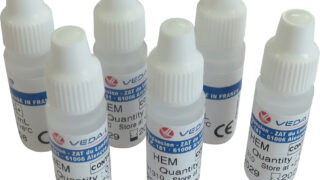Categories
C.d. TOXIN A+B+GDH Negative Control
Negative controls are crucial in quality control as they confirm that a diagnostic test is not producing false positives. By using a sample known to be negative, it helps identify any issues that could lead to inaccurate results, ensuring the reliability and specificity of the diagnostic process.
Product information
In in vitro diagnostics, quality controls are samples or materials with known characteristics that are used to assess the accuracy and precision of diagnostic tests and instruments. They help ensure that the tests are performing correctly and provide reliable results. Quality controls can include positive and negative controls to verify that a test can detect the target analyte and not produce false positives or negatives. They are an essential part of maintaining the quality and reliability of diagnostic testing in clinical laboratories.
In summary, positive controls confirm that the test can accurately detect the target analyte, while negative controls verify that the test does not produce false results due to interference or contamination. Together, these controls play a critical role in assuring the accuracy and reliability of diagnostic tests, helping healthcare professionals make informed decisions about patient care.
Negative controls in in vitro diagnostics are essential because they serve distinct but equally important purposes in the quality assurance of diagnostic tests:
Verification of Specificity: Negative controls should not contain the target analyte or any cross-reacting substances. They confirm that the test does not produce false-positive results by reacting with substances other than the intended target.
Calibration: Negative controls help ensure that there is no contamination or interference in the testing process that might lead to false results. If a negative control yields a positive result, it indicates a problem with the testing procedure, such as contamination or equipment malfunction.
Assessment of Specificity: Negative controls assess the specificity of the test, indicating its ability to correctly identify samples that should not produce a positive result.
Important Storage Conditions: +4°C to +30°C.
Note : Controls are intended to be used with VEDALAB rapid tests and to be supplied to VEDALAB’s rapid tests partners only. However, it is still possible to supply these controls for use with rapid tests sourced from other manufacturers, but please contact us for this for more information.
| Product name | C.d. TOXIN A+B+GDH Negative Control |
|---|---|
| Detection | C.d. TOXIN A+B+GDH |
| Type | |
| Sample Type | |
| Pack Size | |
| Format | |
| Analyte Detection |
Related products
-
Qualitative Controls
Mononucleosis Positive Control
Price requestPositive controls in quality control ensure that diagnostic tests are working correctly by providing a known, expected result. This helps identify any issues with the testing process and ensures reliability in detecting true positives.

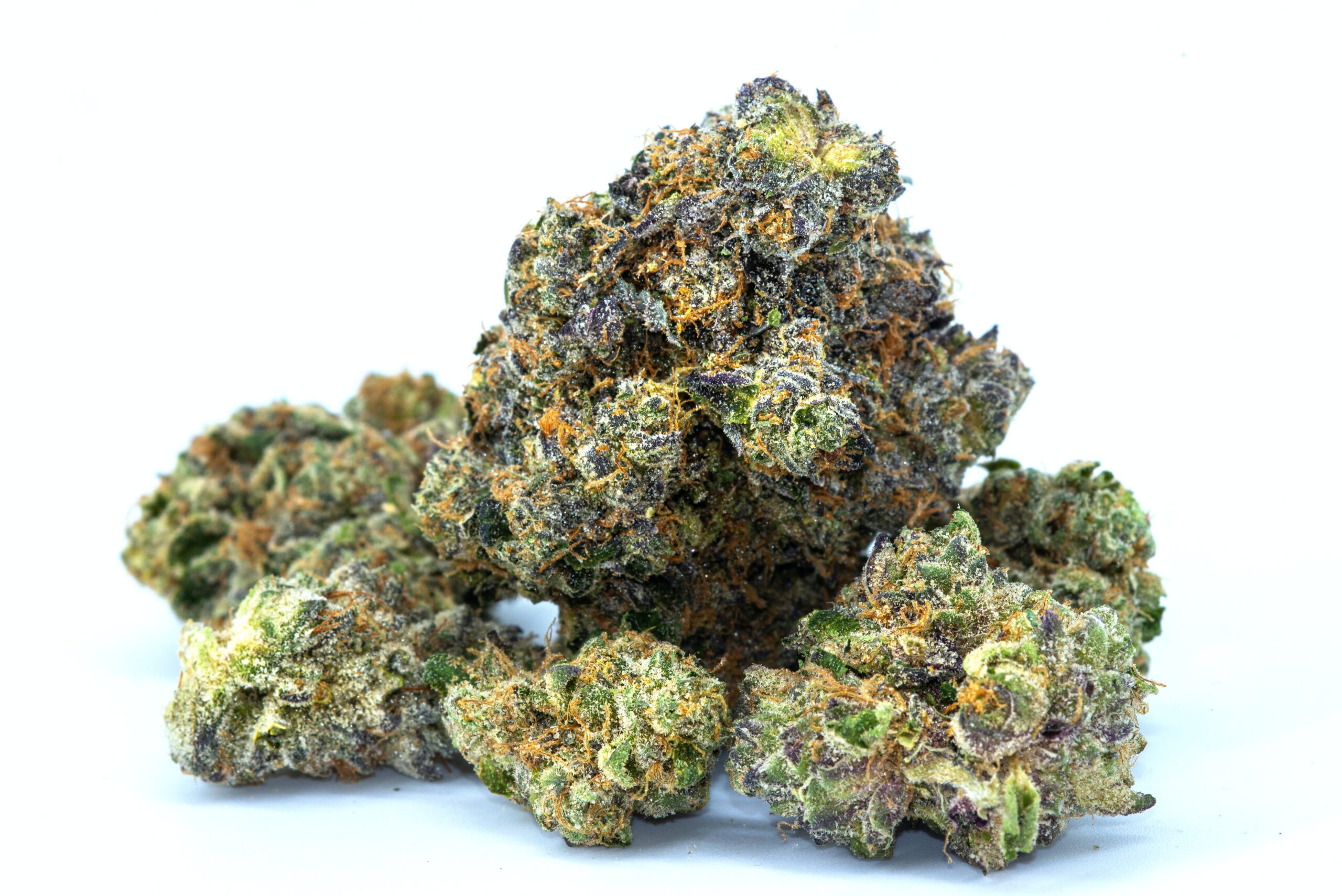 Drug Test
Drug Test Heart Markers
Heart Markers Hormone Tests
Hormone Tests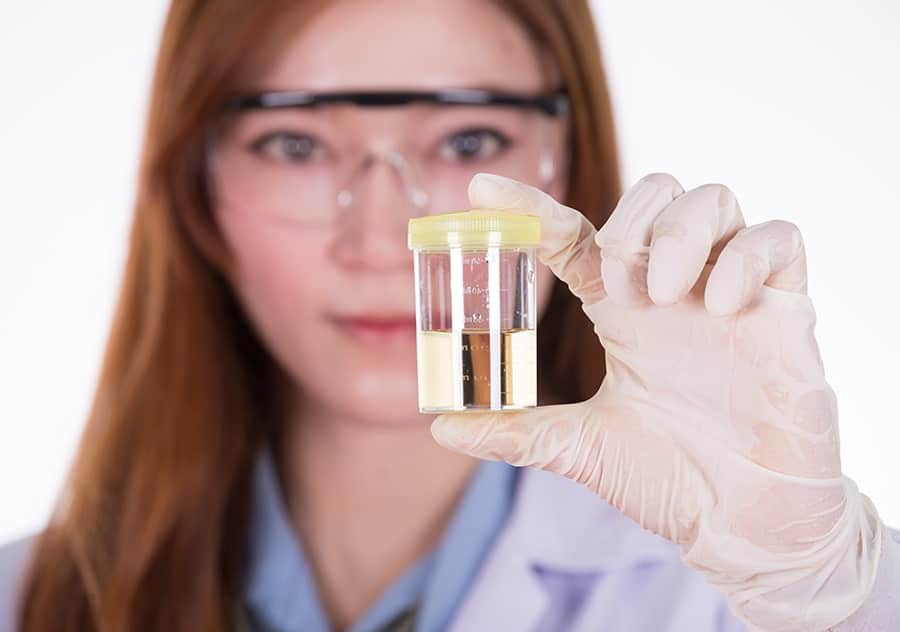 Medical Tests
Medical Tests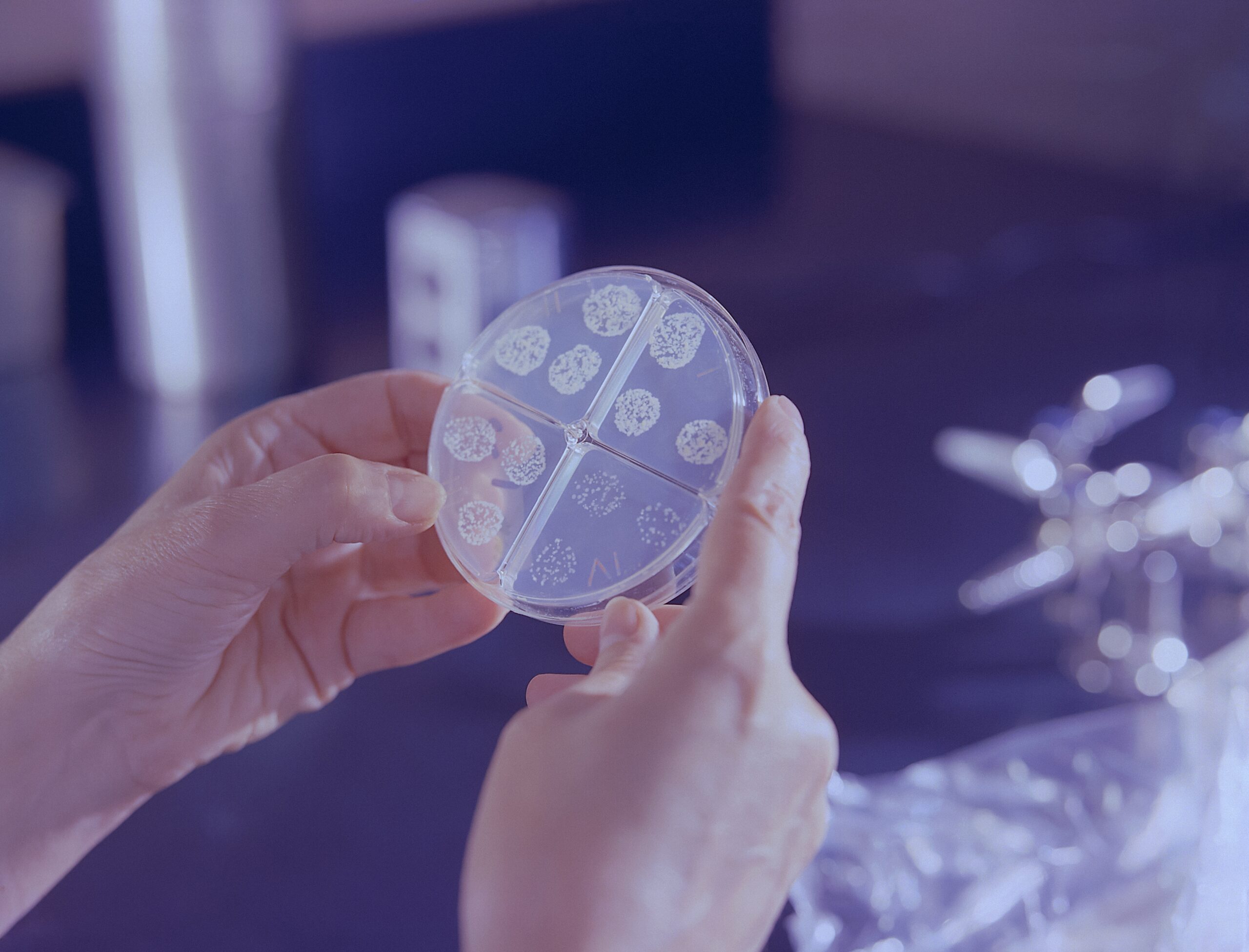 Microbiology
Microbiology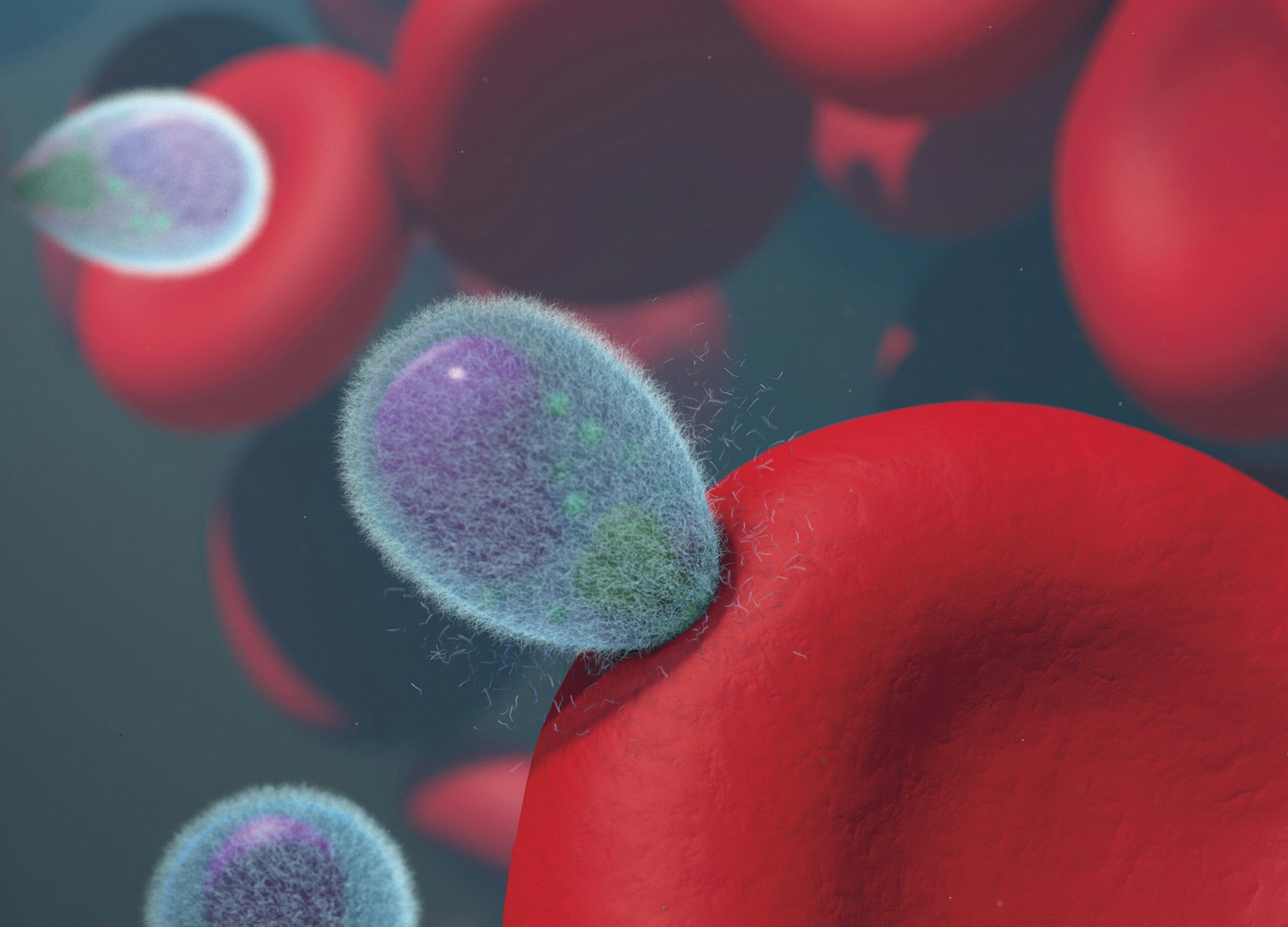 Parasite Infection
Parasite Infection Proteins and Inflammatory Markers
Proteins and Inflammatory Markers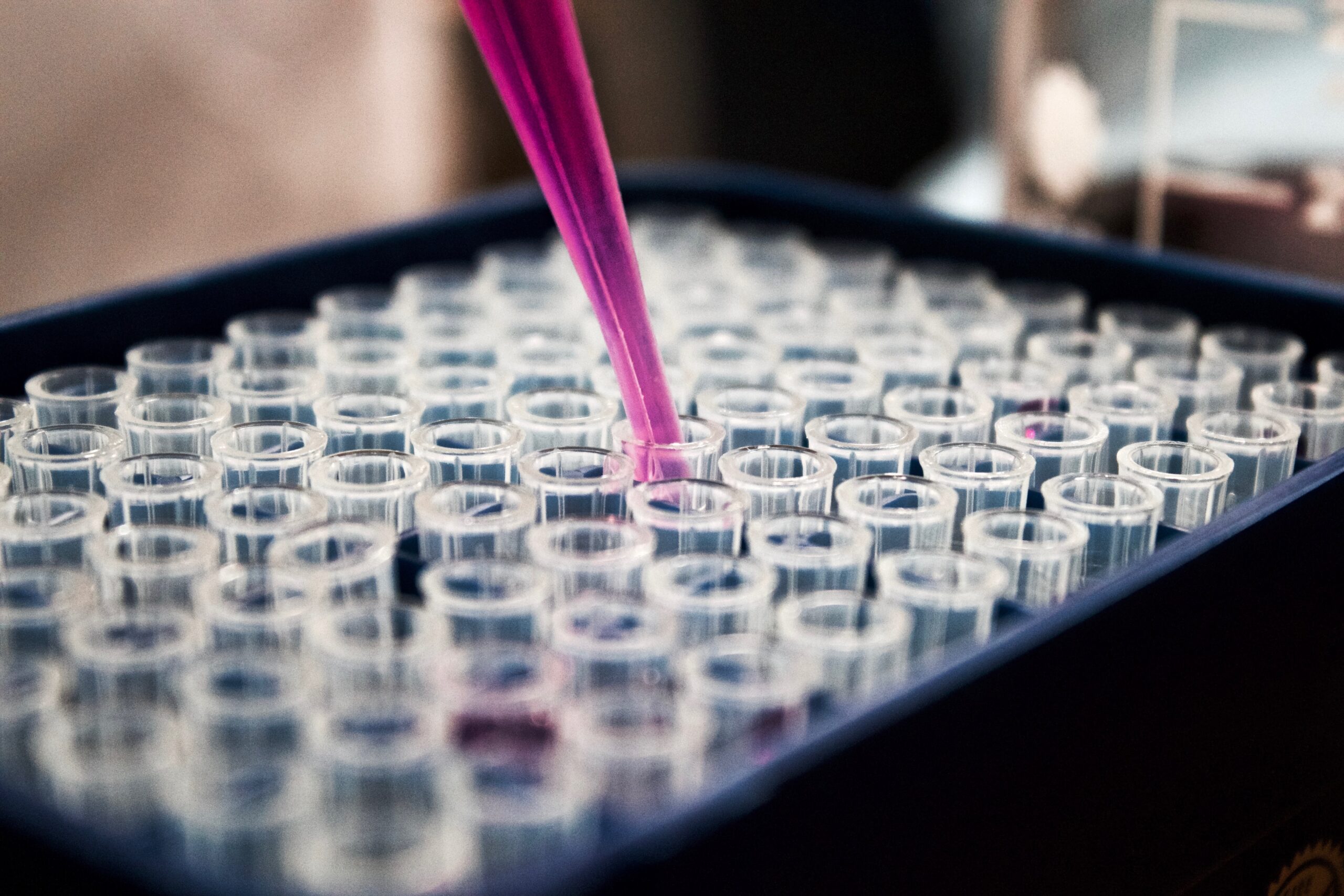 Qualitative Controls
Qualitative Controls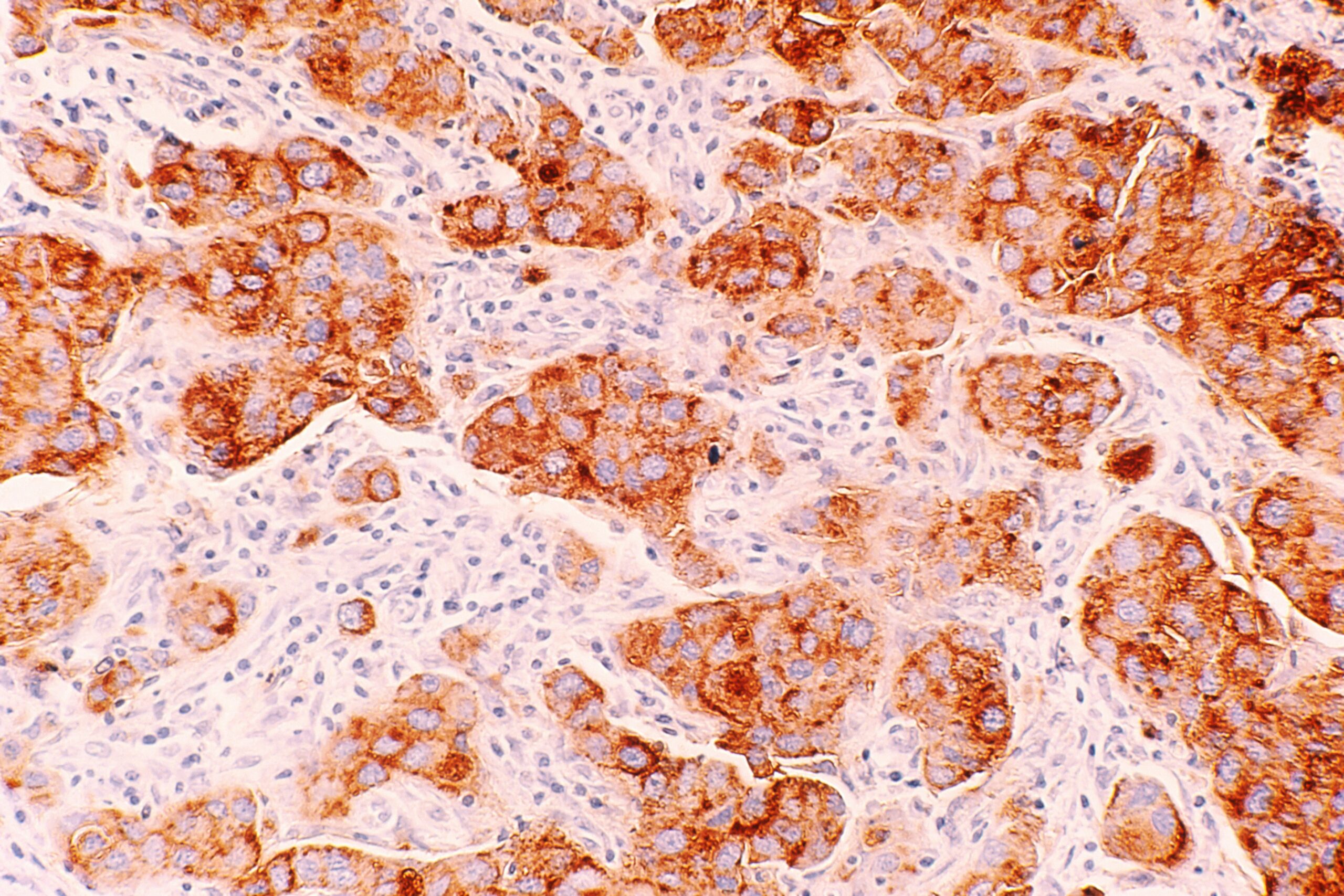 Tumor Marker
Tumor Marker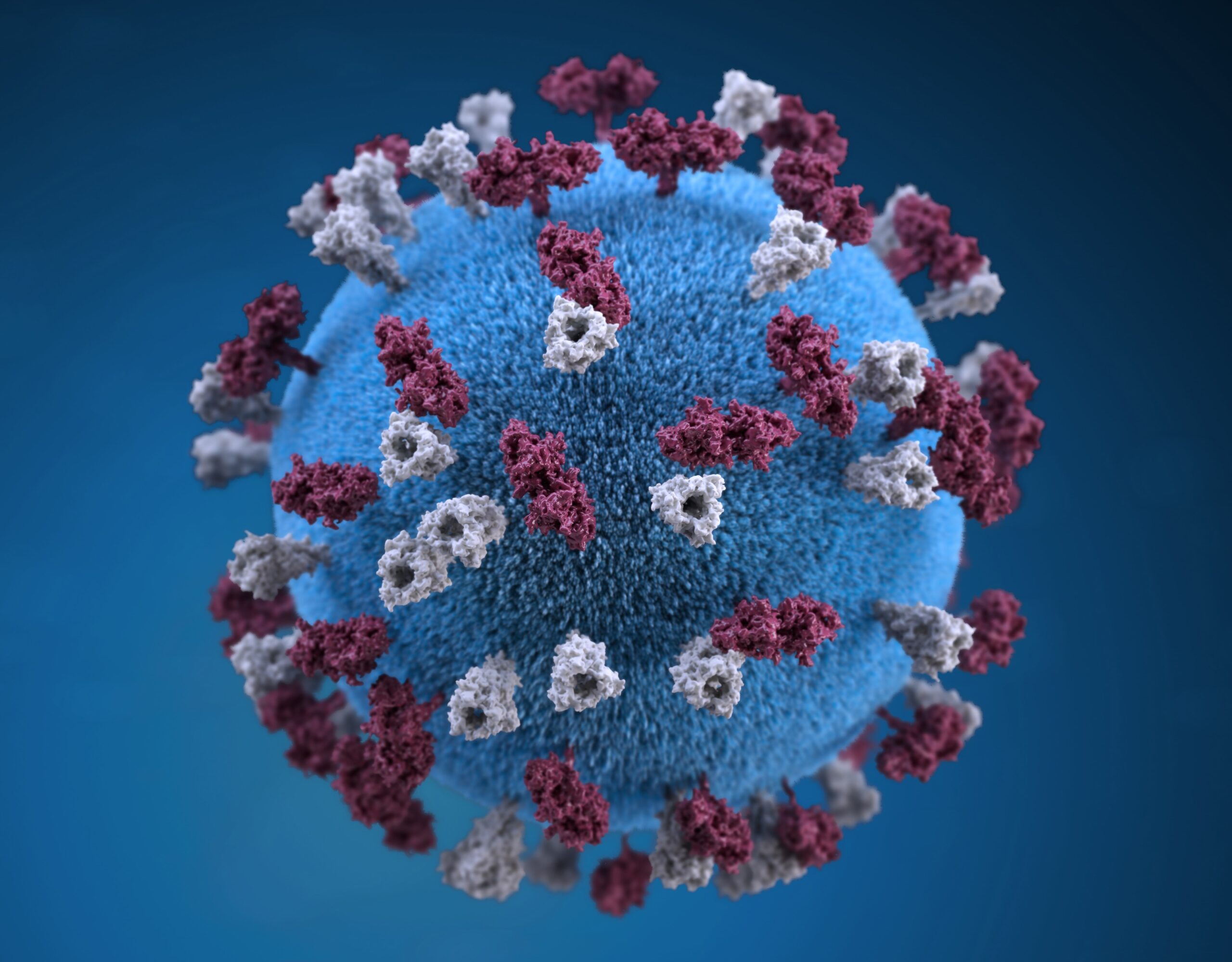 Viruses
Viruses
